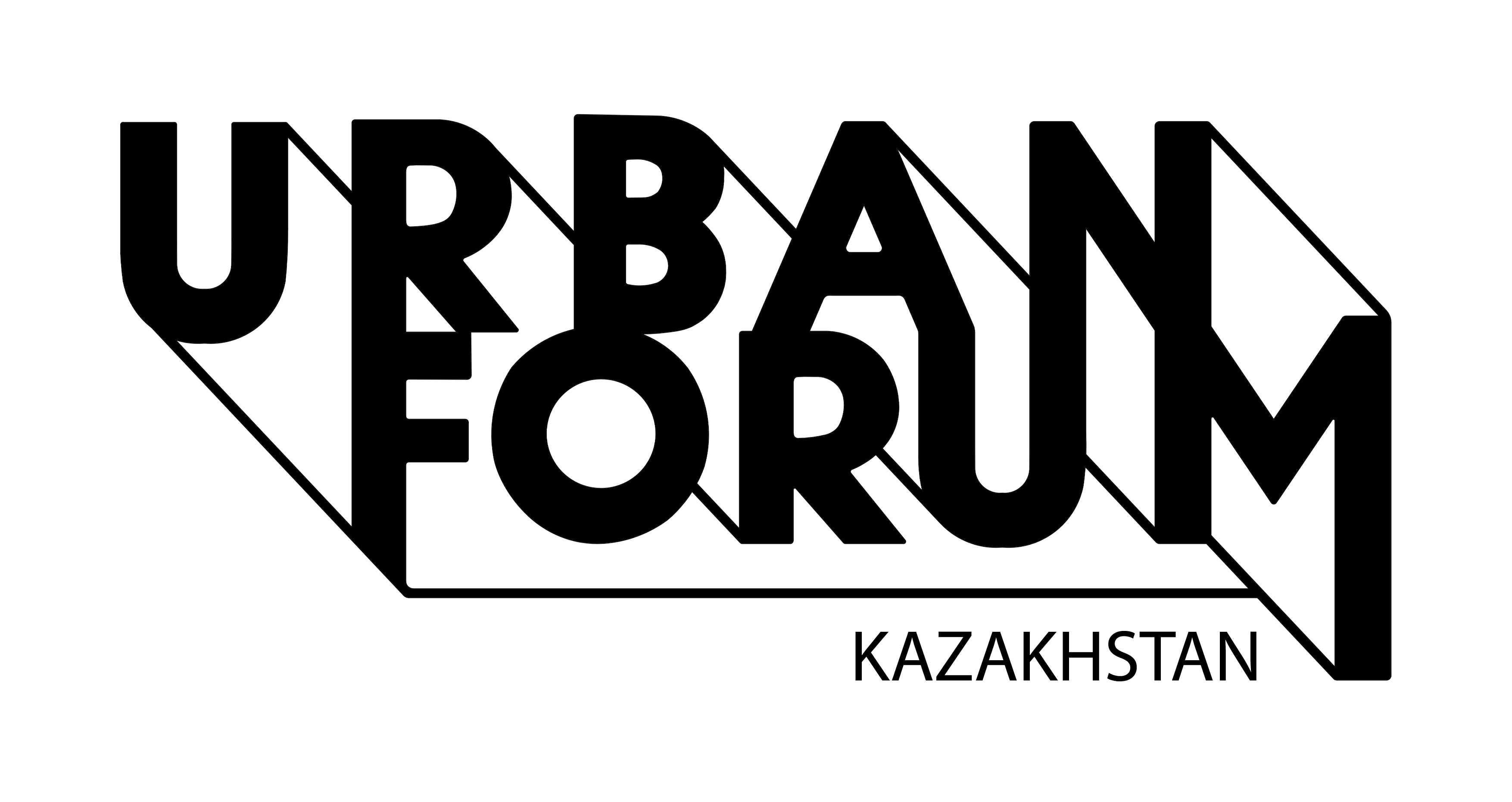Oil Capital: Title or Curse?
Study of Urban Identity, Environmental Comfort and Civil Participation in Atyrau
This analysis was the first comprehensive study of the identity of Atyrau residents, the perception of the comfort of the urban environment, as well as the willingness of residents to contribute to solving urban problems. The analysis was performed by the TAN Support and Development Fund (Atyrau) in September-November 2018 by request of PF Urban Forum Kazakhstan with the support of Chevron.
The study used systematic probabilistic sampling. Three hundred out of Atyrau residents were selected for interview by the route method.
The study used systematic probabilistic sampling. Three hundred out of Atyrau residents were selected for interview by the route method.
Findings
Answers to almost all the questions showed no significant difference between the city areas, except for the assessment of road conditions (respondents from the Asian part of Atyrau are less satisfied with the road conditions). More than 70% of respondents poorly assessed how public transport worked.
There is a strong gap between the regions as far as the level of saturation with cultural infrastructure facilities is concerned. In the European part, 71% of respondents did not name a single culture facility. However, the negative response rate in the Asian part of the city was also high (43%), which indicates a general shortage of places for cultural leisure in the city.
The main advantage of living in Atyrau are relatively high-paying job prospects. What is concerning is that the relatively high proportion of respondents, especially women (almost 20%) have not found any advantages in Atyrau living.
More than one third of respondents said there are no places of gravity in their area, and less than half of the respondents could name 3 points of gravity in their area. This indicates a shortage of public spaces in Atyrau.
More than half of respondents go for a walk only once a week and less. The younger the resident of Atyrau, the more often he goes for a walk, but, as a rule, these are mostly men. Most of the women surveyed admitted that they walk once a week and less often.
It is illustrative that the majority of respondents (about 70%) in the event of a difficult situation will rather turn to friends or relatives than the police (16%) for help. Such a low figure indicates a serious crisis of confidence in law enforcement agencies among Atyrau residents.
It is also disturbing that the majority of respondents either plan to move from Atyrau or find it difficult to answer. Only a quarter of the respondents intend to continue living in the oil capital, despite the fact that almost all of the respondents have been living in Aytrau for a long time (more than 6 years).
The respondents referred to the environmental situation as the most important problem (over 90%). About half of the residents mentioned dirtiness in their area, and another 20% could not tell how clean their area was.
About 70% of all respondents noted the unfriendly urban environment for disabled and wheelchaired.
Respondents were highly interested in information about city development plans and projects. The proportion of those ready to take a more active civil stand and approach the city authorities with proposals was quite high. At the same time, 85% of respondents had never participated in the discussion of city-related issues.
Local governments should accommodate the potential of civil activism in the design and implementation of urban development programs. Atyrau residents were very critical about the state of city affairs. There is another trend, parallel to the constructive attitude of the citizens, which is to leave Atyrau following problems, the most important of which is the poor environment and the lack of basic comfort indicators in the urban infrastructure.
There is a strong gap between the regions as far as the level of saturation with cultural infrastructure facilities is concerned. In the European part, 71% of respondents did not name a single culture facility. However, the negative response rate in the Asian part of the city was also high (43%), which indicates a general shortage of places for cultural leisure in the city.
The main advantage of living in Atyrau are relatively high-paying job prospects. What is concerning is that the relatively high proportion of respondents, especially women (almost 20%) have not found any advantages in Atyrau living.
More than one third of respondents said there are no places of gravity in their area, and less than half of the respondents could name 3 points of gravity in their area. This indicates a shortage of public spaces in Atyrau.
More than half of respondents go for a walk only once a week and less. The younger the resident of Atyrau, the more often he goes for a walk, but, as a rule, these are mostly men. Most of the women surveyed admitted that they walk once a week and less often.
It is illustrative that the majority of respondents (about 70%) in the event of a difficult situation will rather turn to friends or relatives than the police (16%) for help. Such a low figure indicates a serious crisis of confidence in law enforcement agencies among Atyrau residents.
It is also disturbing that the majority of respondents either plan to move from Atyrau or find it difficult to answer. Only a quarter of the respondents intend to continue living in the oil capital, despite the fact that almost all of the respondents have been living in Aytrau for a long time (more than 6 years).
The respondents referred to the environmental situation as the most important problem (over 90%). About half of the residents mentioned dirtiness in their area, and another 20% could not tell how clean their area was.
About 70% of all respondents noted the unfriendly urban environment for disabled and wheelchaired.
Respondents were highly interested in information about city development plans and projects. The proportion of those ready to take a more active civil stand and approach the city authorities with proposals was quite high. At the same time, 85% of respondents had never participated in the discussion of city-related issues.
Local governments should accommodate the potential of civil activism in the design and implementation of urban development programs. Atyrau residents were very critical about the state of city affairs. There is another trend, parallel to the constructive attitude of the citizens, which is to leave Atyrau following problems, the most important of which is the poor environment and the lack of basic comfort indicators in the urban infrastructure.


